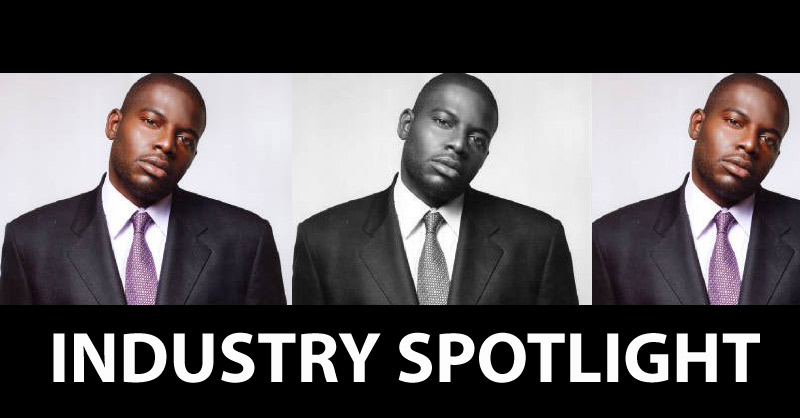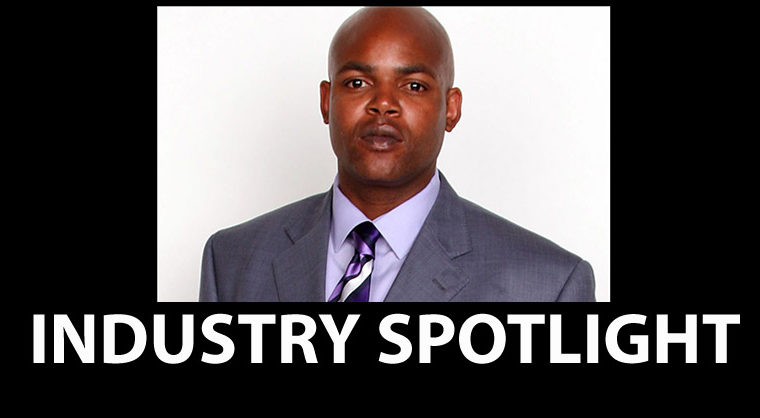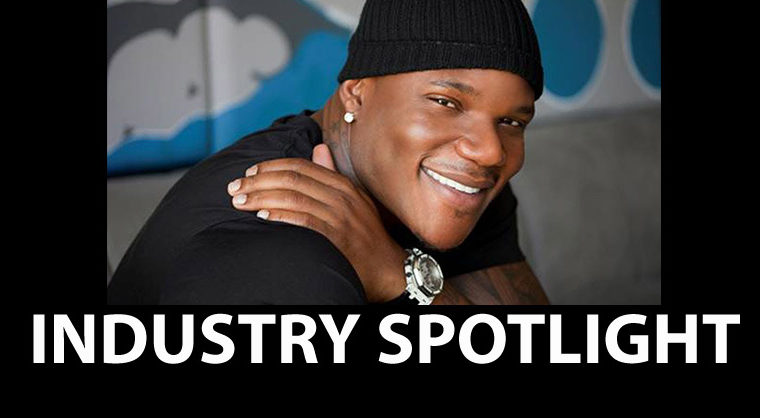
Alot of people don’t realize what all goes on behind the scenes to make music reach the masses.
This is the spot where you’ll see who’s who in the Industry. The people behind the scenes who makes
things happen. This will be the section where we feature professionals whom we think deserve the credit
and recognition for their hard work that they contribute to this business we call the RAP INDUSTRY..
Each month we’ll bring to you a new professional along with their background.
THIS MONTH’S FEATURE IS: Michael “Blue” Williams
It starts with a plan. You really have to assess what you have here. I try and tell our people that ask me,
“What’s the secret to good management?” And I tell them that you’ve got to know your personnel.
You have to know your artists and what they’re capable of, what they will and won’t do. You have to know
what the label is willing and not willing to do. And you have to have a good assessment of where the music
industry is and things like that.”.
Bronx native Michael “Blue” Williams has solidified his place as one of the music industry’s elite power brokers with his ten plus years as CEO of Family Tree Entertainment, home to Grammy Award-winning group Outkast.
In his decade long tenure, Williams has moved through the ranks from manager to CEO/businessman. As CEO of Family Tree Ent., Williams manages/has worked with Outkast, Nick Cannon, Lyfe Jennings, Case, Jagged Edge, Blu Cantrell K-Ci & Jo-Jo, Donell Jones and Monica. He has been the catalyst behind Outkast generating over 20 million in record sales; secured endorsement deals with major corporations such as Polaroid Corp.; and paved their path to Hollywood in the form of movies roles. Williams has proven to be a smart entrepreneur knows how to make smart business moves and generate income for his clients.
The Kennedy High School product made his decision to pursue a career in music at young age.
He developed his shrewd business sense through humble beginnings as a roadie for Jodeci, whose two lead singers, K-Ci & Jo-Jo, would eventually hire him as management.
An impromptu call from then-head of LaFace Records L.A. Reid, lead to William’s first meeting with the then budding stars, Outkast. “I took a meeting with them, liked them and we started managing them,” explains Blue of his first encounter with Big Boi and Andre3000.
Williams connection with Outkast:
“1995-96, I just started working for Queen Latifah and Flavor Unit Management. Shakim, who is Latifah’s manager and my boss, we took a trip to Atlanta. We were going after an artist called Monica. While we were down there, L.A. Reid called Shakim and says he has this group called OutKast starting to blow up, would you take a meeting with them? Shakim and I took a meeting with them, liked them, and we started managing them. And they were my responsibility on a day-to-day basis. And that was ’96, we’ve been together ten years. Around ’98, I left Flavor Unit to start my own company, and they left with me because I’d been doing everything with them day to day. It’s just been me and them since then continuing to grow, dropping records, sticking with our plan, and building a loyal fan base, touring, just rolling them on out. The guys make the records; I make sure we sell them.”
Williams on OUTKAST then and now:
“It probably took me about a month or two to really get what they were and to see the glimmer, the potential to really be as big as they have become. Because coming from New York, they were from Atlanta, they had a different type of music. It was a different type of hip-hop than I was used to. It had a Southern feel to it, there was more funk to it. New York radio wasn’t playing it, so I had to spend time with them and get familiar with the music first. And then I had to go on the road and see the reactions they were getting, get the vibe for them, realize that these guys really had some good talent. We needed to work in the same direction, to get the label and everybody on the same page. “
“I think “Ms. Jackson.” The guys’ fourth album, called Stankonia, they had a song on there called “Ms. Jackson” and it went to radio, and it just grew so fast. It was everywhere, on every chart, just, spins were crazy, the audience grew so quickly, and it was just, wham. Like, we’re here. This is mainstream. Everyone knows who we are now, the guys are recognized”.
Currently in production of the new film “Idlewild”, based loosely on the real lives of Outkast, Williams has been flexing his role as “Mr. Manager”. The Brain Barber directed film is being distributed through Universal Pictures and set for a March 10th, 2006 nationwide release to follow the February 14th 2006 release of the movie-soundtrack. Always working overtime Blue has his hands full running his company and handling the careers of his clients. From meeting with Trina to steering Nick Cannon’s film/music/television career, nothing is out of reach for this sharp businessman. Williams looks to stretch his entrepreneurial spirit as owner of “Luxury Toy South”, an exotic car dealership scheduled to open in Atlanta February 2006.
Williams is an industry power player that has withstood the test of time in the music industry by helping to reinvent his artists while bringing hip-hop culture to mainstream audiences. He has moved to the forefront of the music and entertainment world. It is a testament to Blue’s calm leadership style and diverse experience that he most relishes the methodology of Outkast’s triumphs. Blue’s enduring passion for his artists and unwavering commitment to their careers makes him one of the most successful managers of the millennium.
Williams on decline of CD sales:
“Music downloading has given the consumer the power to purchase only the individual songs that they like” says Michael “Blue” Williams. “Record labels are scared to take risks as a result of the decline in sales and instead of focusing on releasing quality music that is unique, they would rather stick to a cookie cutter formula that they feel is safe. As a result, everybody sounds the same, looks the same — the formula is no longer working. Consumers are much savvier and for any artist to sell high numbers, they need to deliver solid albums.”



